Patient Stories
In the realm of cancer battles, pancreatic cancer stands as one of the most formidable foes. Its stealthy onset and aggressive nature make it a particularly challenging adversary. Yet, amidst this struggle, there are beacons of hope – survivors who defy the odds and share their journeys to inspire others. The Seena Magowitz Foundation has chronicled several such stories, offering insights into the battles, victories, and the relentless spirit of pancreatic cancer warriors.
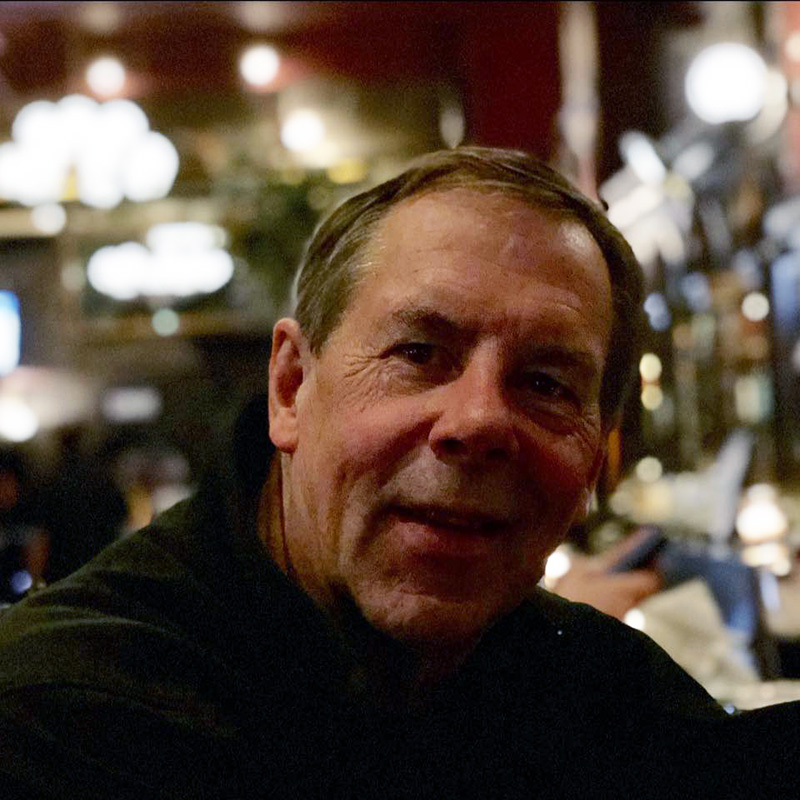
Richard Welsch
Given a 0.05% Chance of Survival in 1992, Richard Weltsch Marks 33 Years Cancer-Free
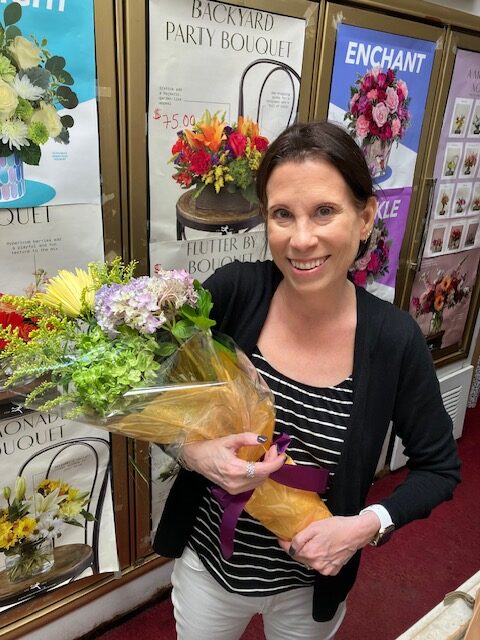
Theresa Stern Valentic Pancreatic Cancer Survivor
Two Generations, One Fight: 18-Year Pancreatic Cancer Survivor Theresa Valentic Overcame the Same Condition Her Mother Did Decades Earlier
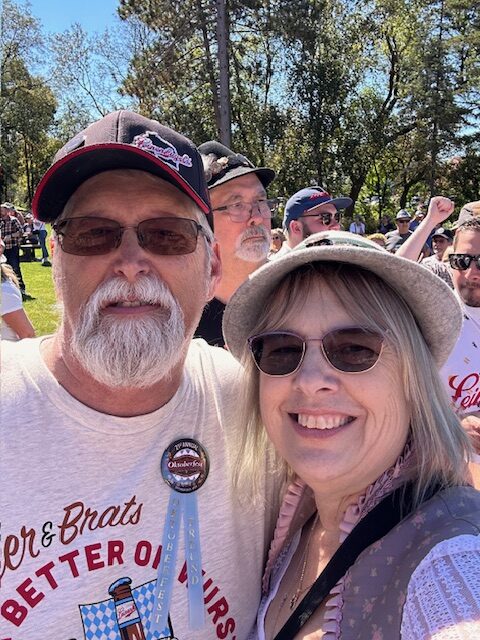
Julie Whyte
No One Fights Alone: How Family, Faith & Hope Helped Julie Whyte Reach 4 Years of Pancreatic Cancer Survivorship

Kay Kays
Kay Kays is a 31-Year Survivor: The World’s Longest Survivor of Pancreatic Cancer
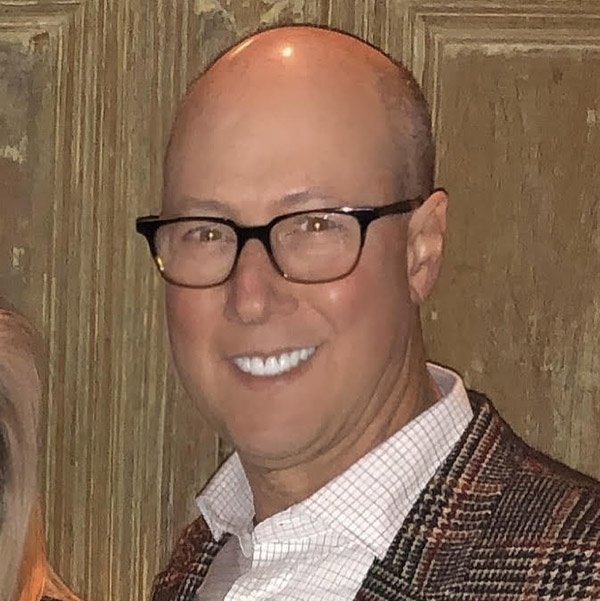
Dr. Stephen Bigelsen
An 8-Year Survivor’s Insights on Pancreatic Cancer Care & Treatment
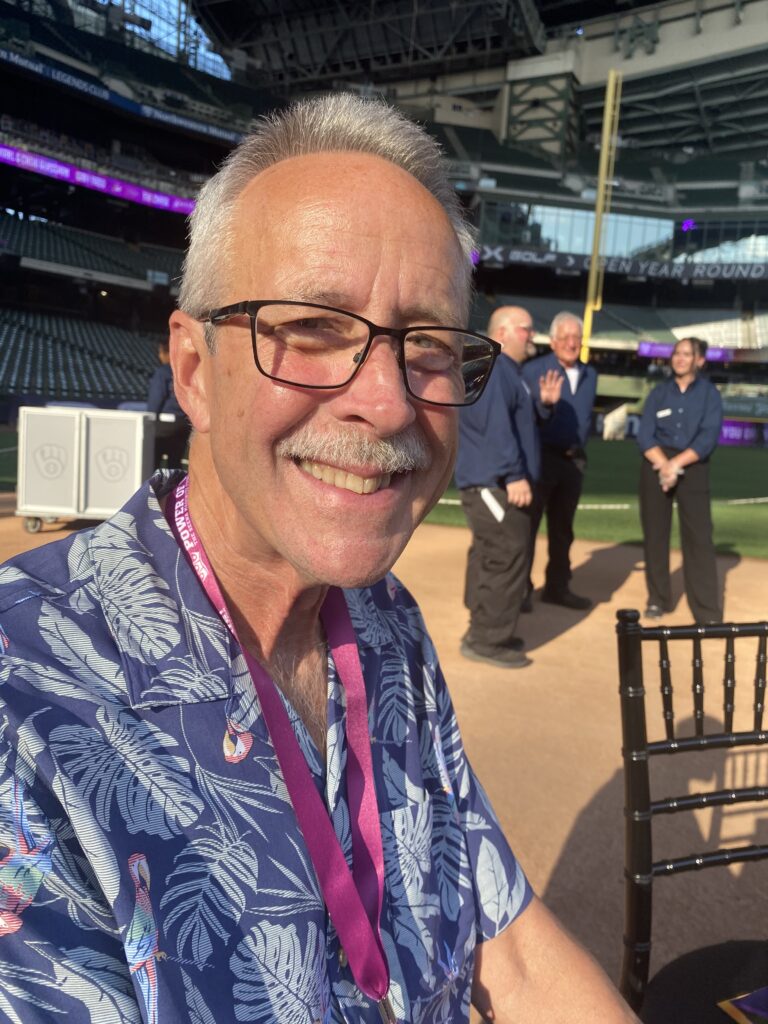
Don Miller
Despite a Pancreatic Cancer Recurrence, Don Miller Defies Prognoses as a 5-Year Survivor
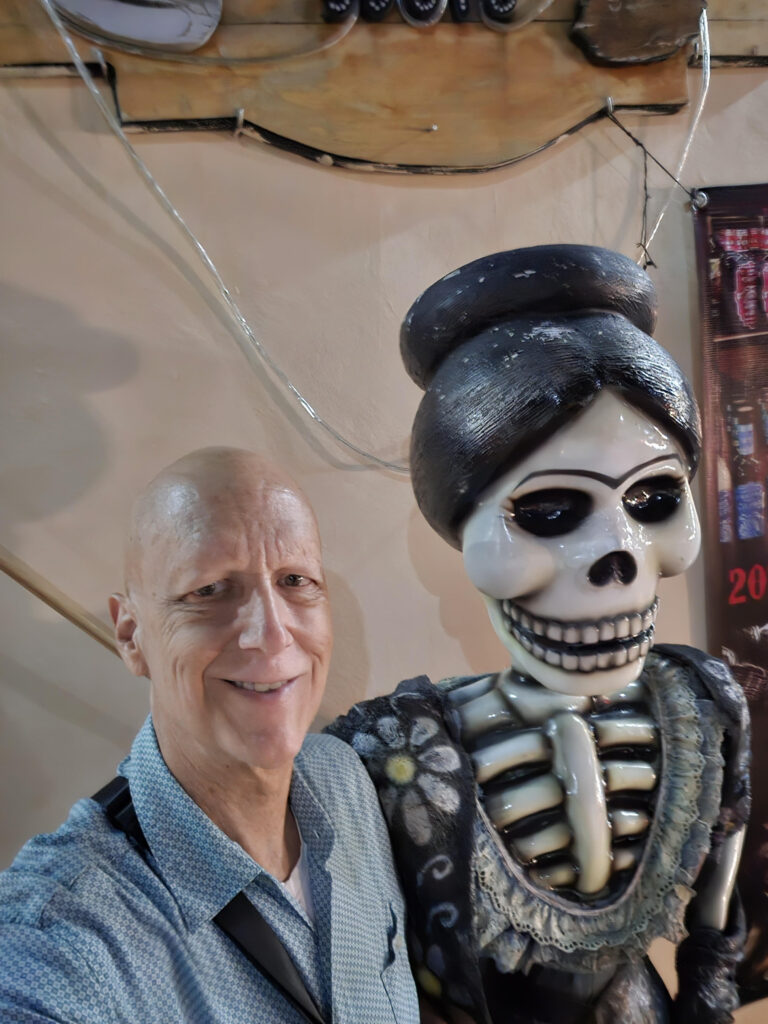
Marty Weiner
Professional Insight, Personal Resolve Helped Dr. Marty Weiner Navigate Pancreatic Cancer
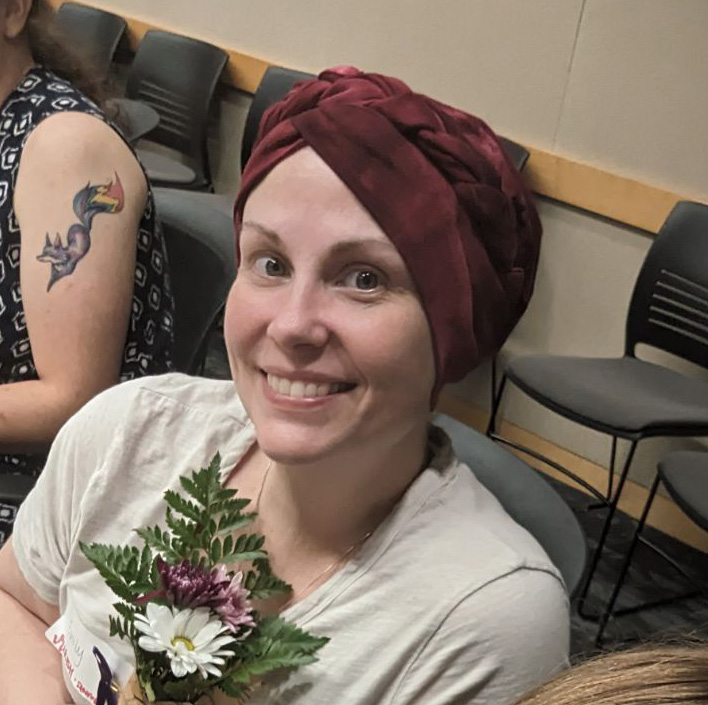
Emily Ziegler
Mother of 4 Emily Ziegler Faced Pancreatic Cancer at Age 36
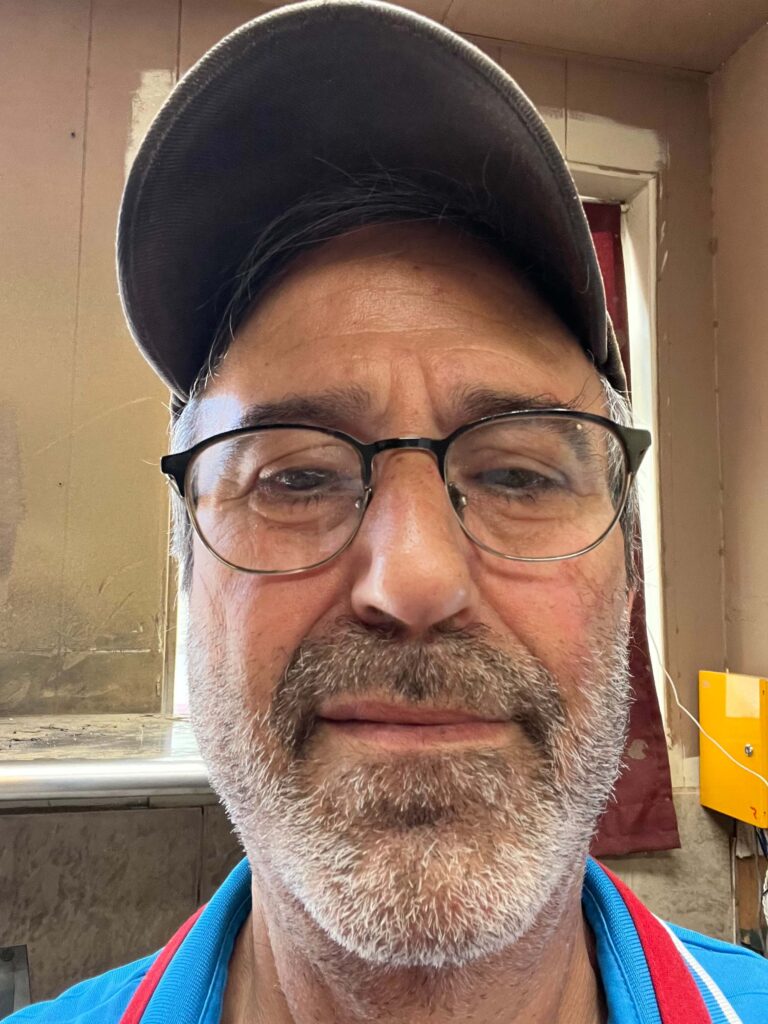
Dr. Clifford Greenbaum
Dr. Clifford Greenbaum Defied a Family Legacy & Became an 18-Year Pancreatic Cancer Survivor
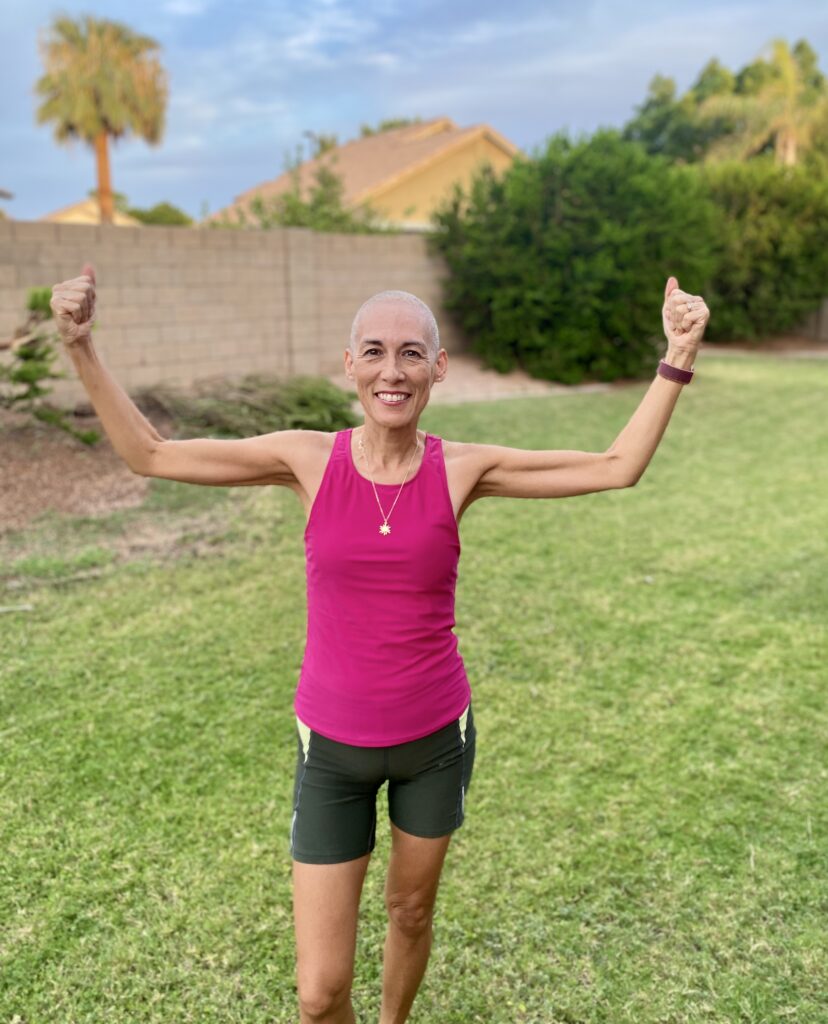
Christine Wells
For Christine Wells, Traditional Treatments, Lifestyle Changes & Holistic Practices Were the Keys to Fighting Pancreatic Cancer

Stan Vitikas
17 Years Strong: Pancreatic Cancer Patient-Turned Prolific Fundraiser Stan Vitikas Raised More Than $500,000 for Research

Elise Roth Tedeschi
Elise Roth Tedeschi: Pancreatic Cancer Patient Story. A Strong Self Advocate For Herself and Other Patients
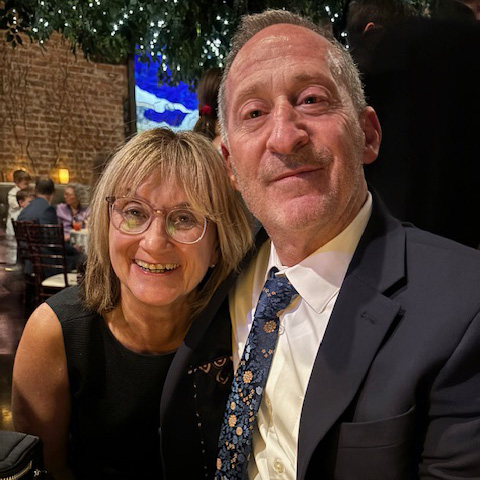
Dave Glick
Against All Odds, Dave Glick Triumphed Over Colon, Pancreas & Prostate Cancer

Duane "Dewey" Hill
Early Detection and Tailored Treatment Made a Difference for 7-Year Pancreatic Cancer Survivor & Veteran Duane “Dewey” Hill
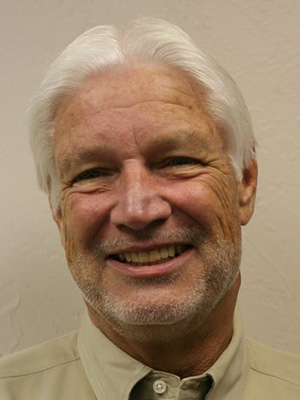
Robert Miller
28-Year Pancreatic Cancer Survivor Robert Miller Believes Diet, Lifestyle Changes Were Key Contributors to His Long-Term Survival

Mark Ruegg
A Miracle in the Making: How Hope Redefined Mark Ruegg’s Experience With Pancreatic Cancer
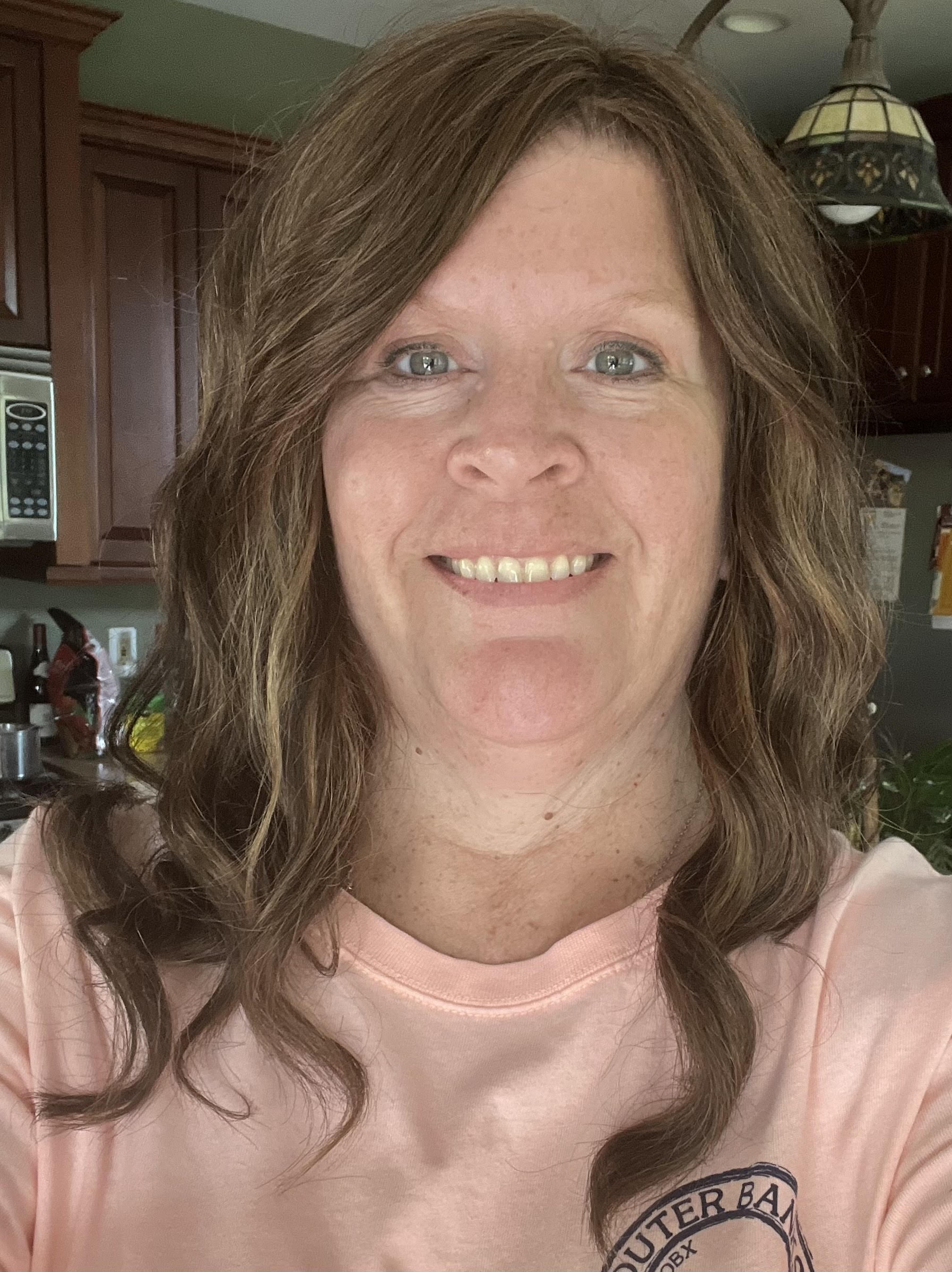
Chris Davis
Persistence & Hope in the Face of Pancreatic Cancer: Chris Davis’s Story

Greg Adams
Self-Advocacy the Key to Diagnosis for 6-Year Pancreatic Cancer Survivor Greg Adams

Donna. Robinson
A Decade Ago, Doctors Gave Donna Robinson 3 Months to Live
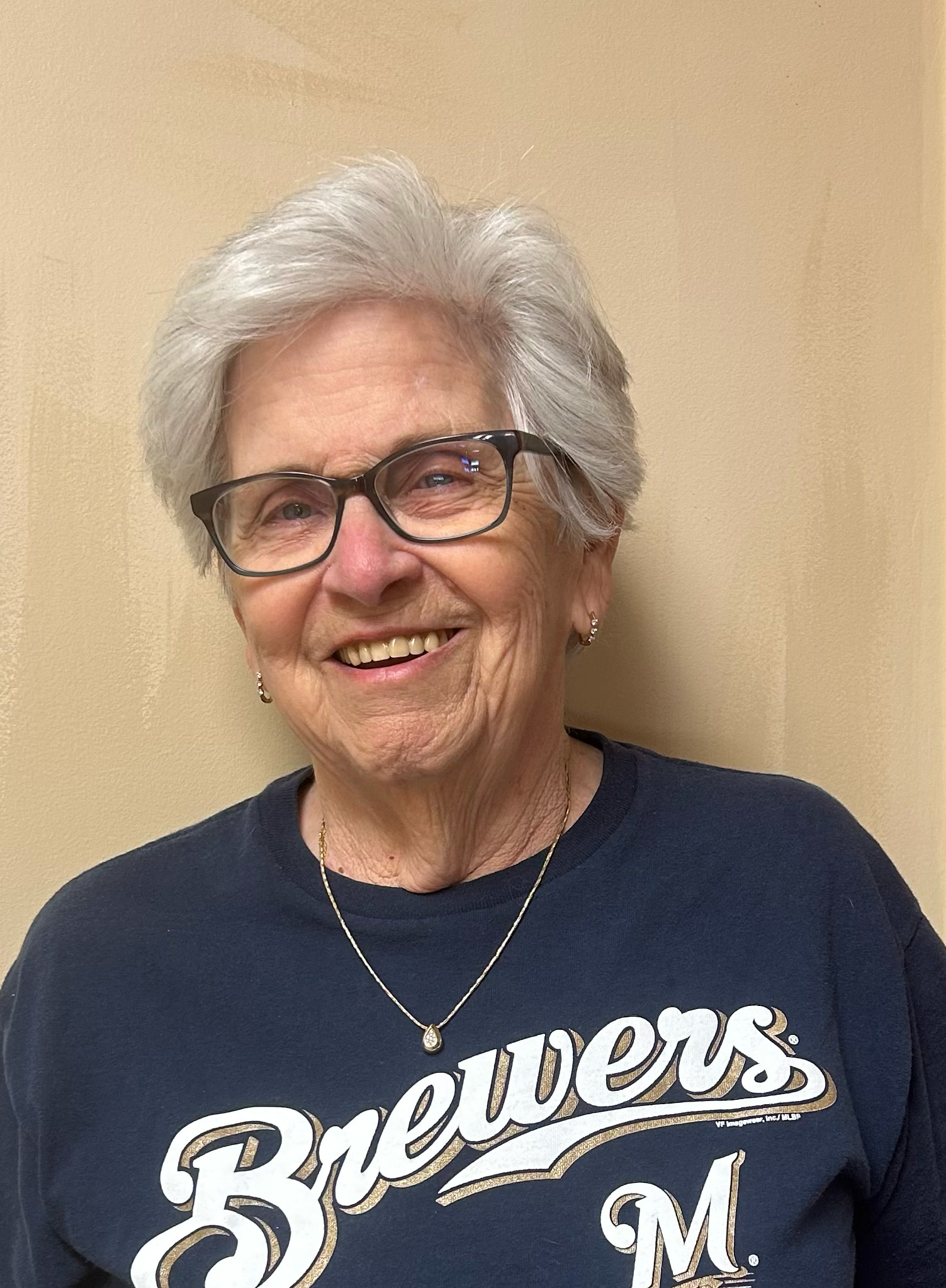
Helen Davidson
One Step at a Time: 7-Year Survivor Helen Davidson Turns Love of Polka Into Funding for Pancreatic Cancer
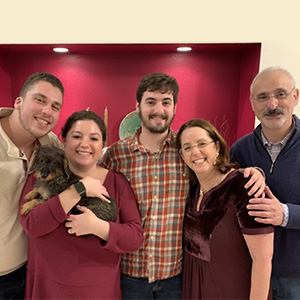
Josh Leuchter
For Almost 7-Year Pancreatic Cancer Survivor Josh Leuchter, Arterial Involvement Led to an Appleby Procedure

Roger Royse
Roger Royse's Decision to Take an Early Detection Test May Have Saved His Life

Rick Groebel
Defying the Odds for Over a Decade: Rick Groebel’s Story
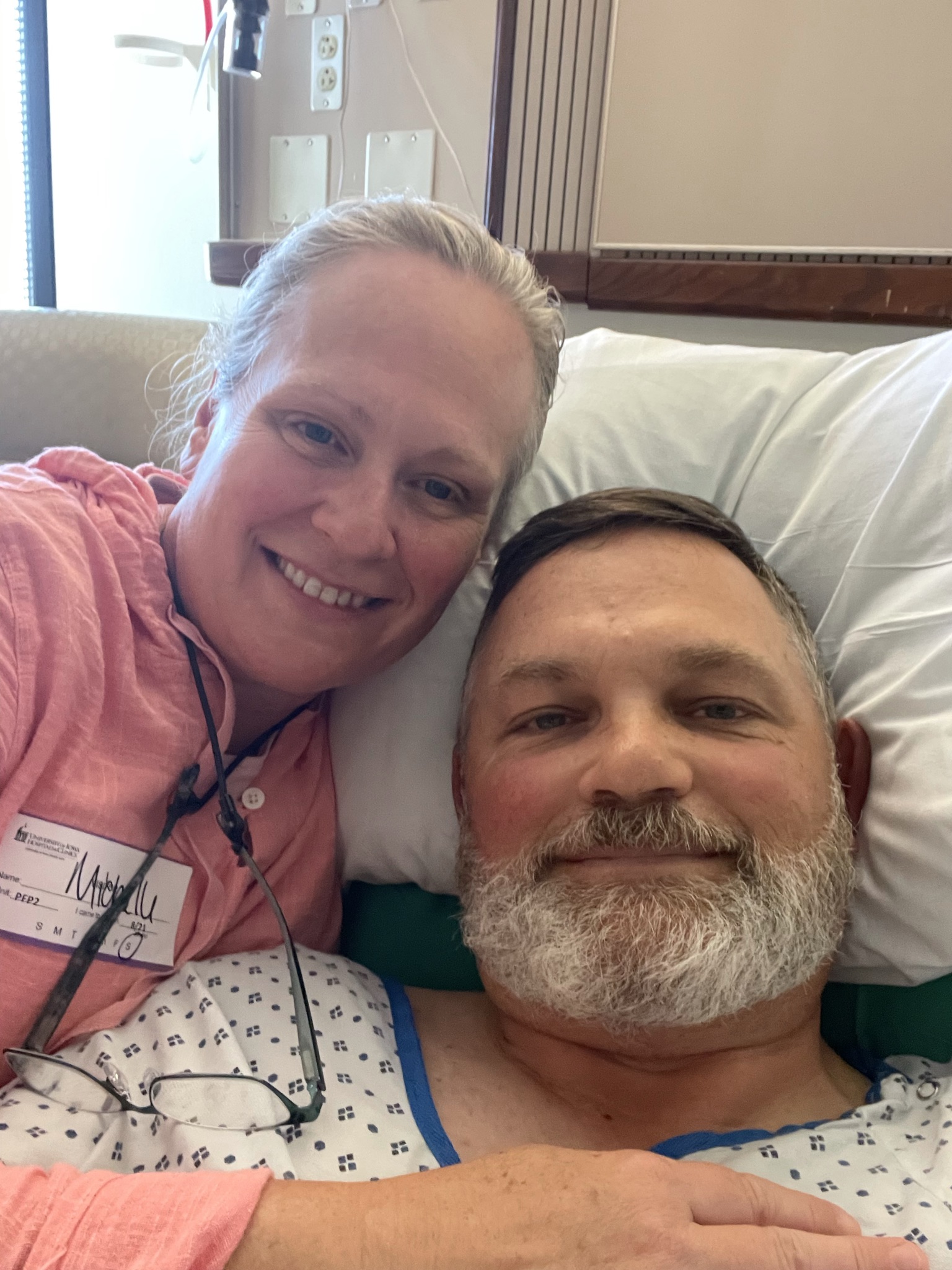
James Polich
Persistence Paid for 8-Year PNET Survivor Jim Polich
